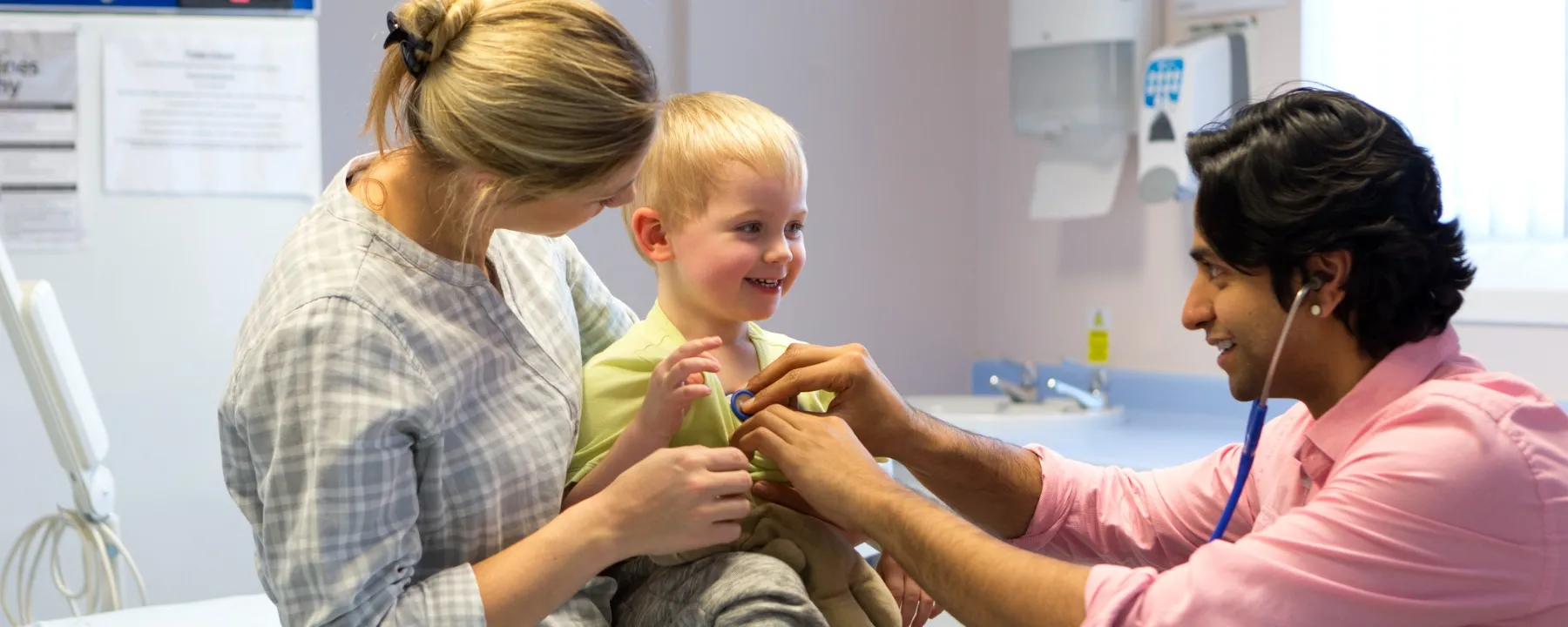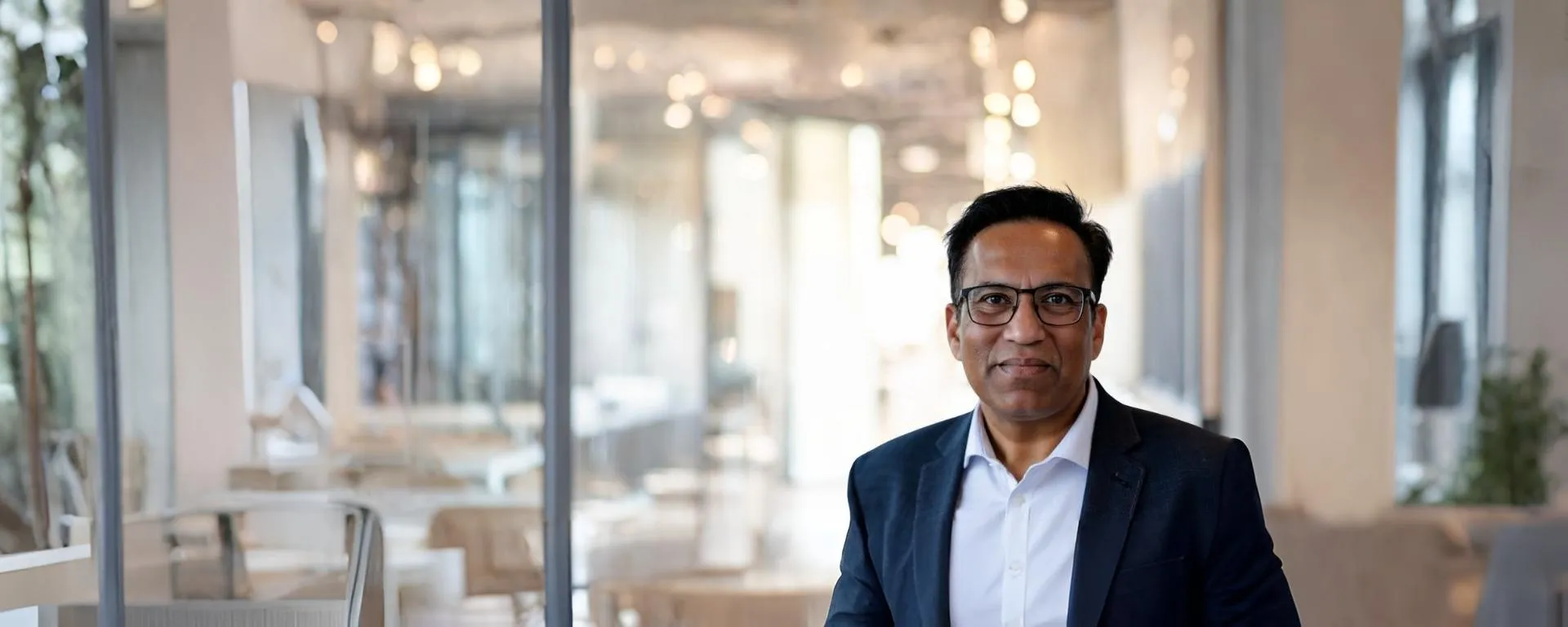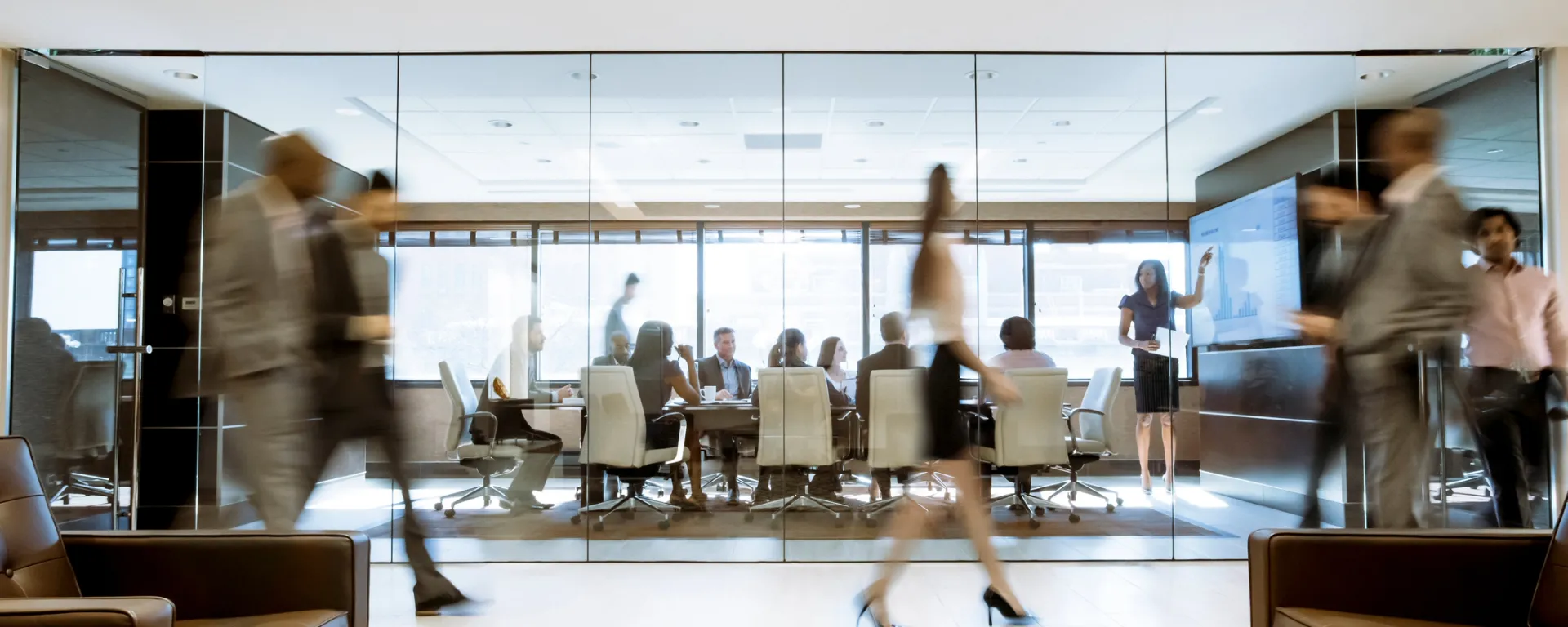Civil Service Pensions Scheme (CSPS) – Capita update
Capita provides an update for Civil Service Pensions Scheme (CSPS) members on service delivery.
Read moreThis is your hub for fresh insights, impactful case studies, and the latest news shaping our work across industries. Discover how we’re turning bold thinking into real-world solutions, and stay informed on the trends, innovations, and stories driving transformation.

Capita provides an update for Civil Service Pensions Scheme (CSPS) members on service delivery.
Read more
Capita shares their expertise on how financial services, TMT, retail, and utilities are addressing 2026’s CX challenges and opportunities.
Read more
In 2026, CX in the UK, Ireland, and Europe blends AI, personalisation, and trust, balancing automation with human empathy and meeting sector-specific needs.
Read more
Capita has been awarded a 4 year contract by Kent County Council (KCC) to provide contact centre services supporting 1.6 million residents.
Read more





